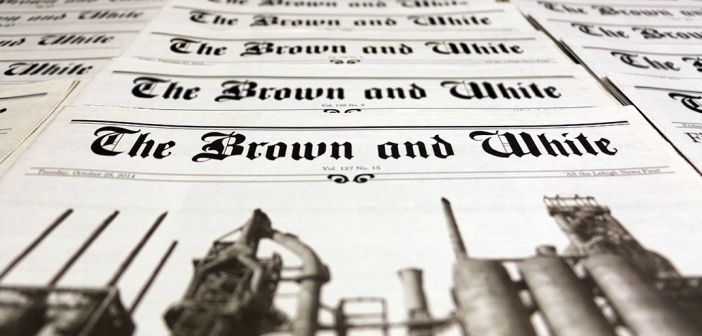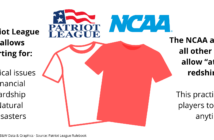This spring break, about 50 students will board a bus headed to the South for a series of visits to memorial sites of the Civil Rights movement.
Led by Africana Studies director James Peterson, students will visit historical sites between Richmond, Virginia, and Charleston, South Carolina. Jeanne Kassis, Office of Interdisciplinary Programs coordinator, said the trip involves tours of a slave plantation, a visit to the site of the Charleston church massacre, a walking tour down the trail of enslaved Africans and visits to other historical sites from the Civil Rights movement.
Last year, on a similar trip, Peterson took about 20 Lehigh students of varied backgrounds on a 2,000-mile road trip to Memphis, Tennessee, to visit historical sites of the Civil Rights movement. Peterson wanted to take on a similar trip this year, especially because of contemporary social justice movements that have emerged, such as Black Lives Matter.
“I can’t even explain to you the effect and impact it had on all of us,” Peterson said. “We’ve got to give young people the critical and historical context out of which contemporary social justice movements emerge.”
Karen Valerio, ’17, has signed up for the trip. She said it is great to read about these events and movements, but she wants to personally see and experience these historical sites to truly understand them.
Looking forward to this year’s trip to Charleston, Peterson said there are different ways for someone to experience history. However, he hopes that walking the slave trails and visiting Charleston will give the students an experience of history that is greater than anything that can be shown in a classroom setting.
Valerio took a trip to Ghana last summer, where she visited slave castles. That experience, she said, makes her feel prepared for her upcoming trip this spring.
“There is history there that I would like to experience,” she said. “I know it is going to be a hard-hitting experience.”
Valerio said the trip is especially important because in order to understand contemporary civil rights movements you have understand the history behind them.
“There is a nascent civil rights movement even within our era, and the Black Lives Matter movement is our civil movement of this era,” she said. “I think it is very important to not be colorblind, and to be very color conscious instead.”
Valerio said being color conscious means acknowledging someone is a different race than you, but that it doesn’t make them any less of a person or mean they have different rights.
“It’s like when you make a fruit salad,” she said. “You want kiwis, grapes and all different types of fruit. You don’t just want strawberries even though strawberries are great.”
Planning the trip, the Kassis organized the itinerary and a bus to hold around 50 students. Kassis said the cost of the trip is $500 per student, assuming all the seats are filled.
Kassis said that, in Charleston, students will take a bus tour to learn about the history of the city, as well as the Creole language Gullah, which was a mixture of English, West African and Central African languages. Gullah was a primary language spoken by African-American slaves in the coastal regions of the U.S.
One of the other anticipated events on the trip is a visit to the Emmanuel African Methodist Episcopal Church in downtown Charleston. In 2015, nine people were killed in a mass shooting where the shooter hoped to ignite a race war.
“I think it’s important to experience this because we don’t want to continue making mistakes,” Valerio said. “It’s still affecting us to this day.”






Comment policy
Comments posted to The Brown and White website are reviewed by a moderator before being approved. Incendiary speech or harassing language, including comments targeted at individuals, may be deemed unacceptable and not published. Spam and other soliciting will also be declined.
The Brown and White also reserves the right to not publish entirely anonymous comments.